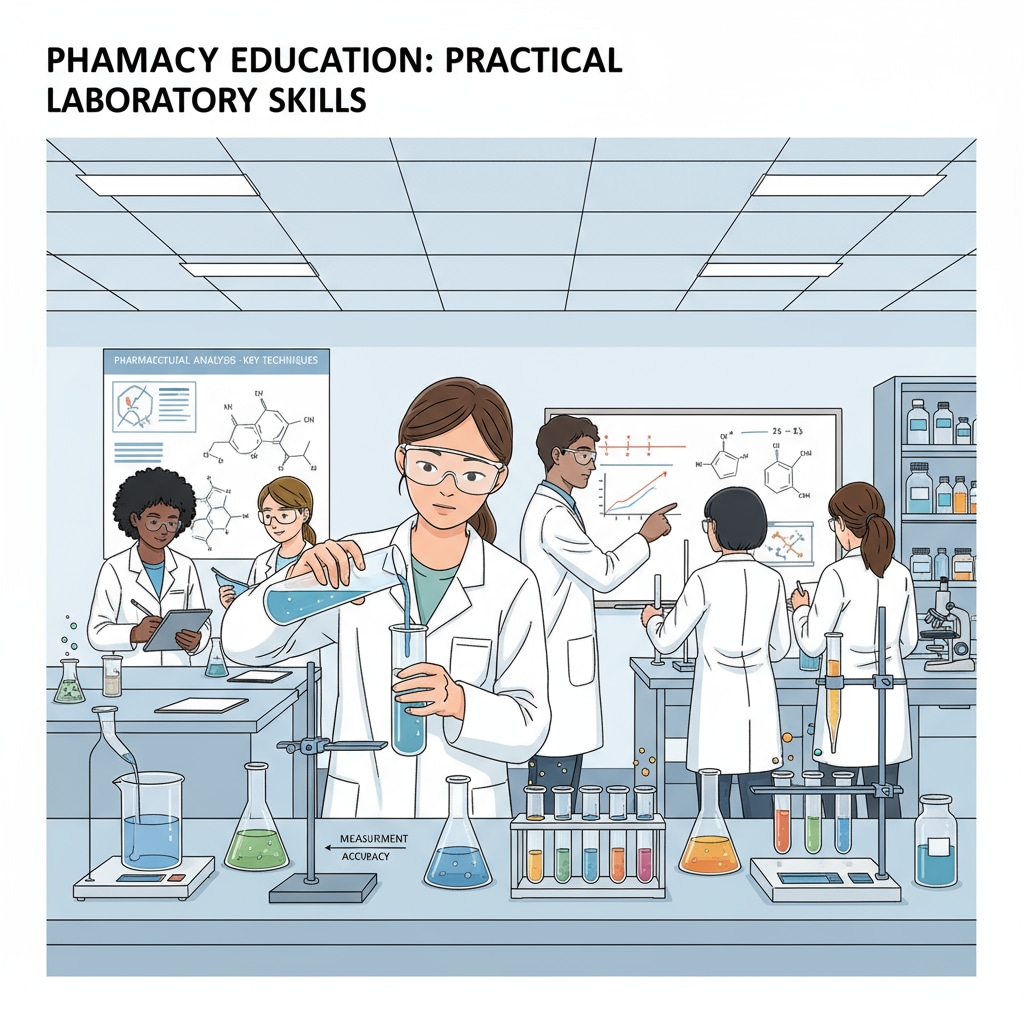The UK pharmacy education system has long intrigued scholars, especially when it comes to postgraduate entry programs. In the context of pharmacy, postgraduate entry programs in the UK are conspicuously absent for those who hold undergraduate degrees in related medical fields. This situation has sparked numerous discussions and raised important questions about the future of pharmacy education in the country.

The Current Landscape of UK Pharmacy Education
Currently, the pharmacy education in the UK mainly follows a traditional route. Students typically start from undergraduate programs, which are comprehensive and cover a wide range of pharmaceutical knowledge and skills. However, for students who already have a medical – related undergraduate degree, there is no straightforward path to enter postgraduate pharmacy programs. This lack of a direct entry option means that they often have to either start from the beginning or face complex and sometimes discouraging application processes.
Comparisons with the Medical Field
In contrast, the medical field in the UK offers more flexible entry options for postgraduate study. For instance, students with relevant undergraduate degrees can often find clear pathways to specialize in different medical disciplines at the postgraduate level. This flexibility encourages cross – disciplinary learning and helps in quickly training professionals in areas with high demand. In the pharmacy sector, such flexibility is sorely lacking. As a result, potential talent from related medical backgrounds may be deterred from entering the pharmacy field, limiting the diversity of the workforce. Medical education in the UK on Wikipedia

Reasons Behind the Absence
One of the main reasons for the lack of postgraduate direct entry programs in UK pharmacy education is the perceived difference in curriculum requirements. Pharmacy education is highly specialized, and there are concerns that students from other medical backgrounds may not have the necessary foundation in pharmaceutical sciences. Additionally, regulatory and accreditation bodies may be hesitant to approve new entry routes without extensive evaluation, fearing potential impacts on the quality of pharmacy education. Another factor could be the traditional mindset within the pharmacy academic community, which has been slow to adapt to new models of education.
Proposed Reforms
To address this gap, several reforms could be considered. Firstly, universities could design bridge courses for students with relevant medical degrees. These courses would quickly bring them up to speed with the fundamental pharmaceutical knowledge required for postgraduate study. Secondly, regulatory bodies should streamline the accreditation process for new entry routes, ensuring that quality is maintained while promoting innovation in education. Finally, the pharmacy academic community needs to embrace new ideas and actively encourage cross – disciplinary talent to enter the field. Medical education on Britannica
In conclusion, the absence of postgraduate direct entry programs in UK pharmacy education is a significant issue that requires immediate attention. By implementing the proposed reforms, the UK can enhance its pharmacy education system, attract more diverse talent, and ultimately improve the quality of pharmaceutical services in the country.
Readability guidance: This article uses short paragraphs to convey ideas clearly. Each H2 section provides a focused discussion, and lists could be further developed in future expansions. The passive语态 is kept to a minimum, and transition words are used throughout to ensure a smooth flow of information.


